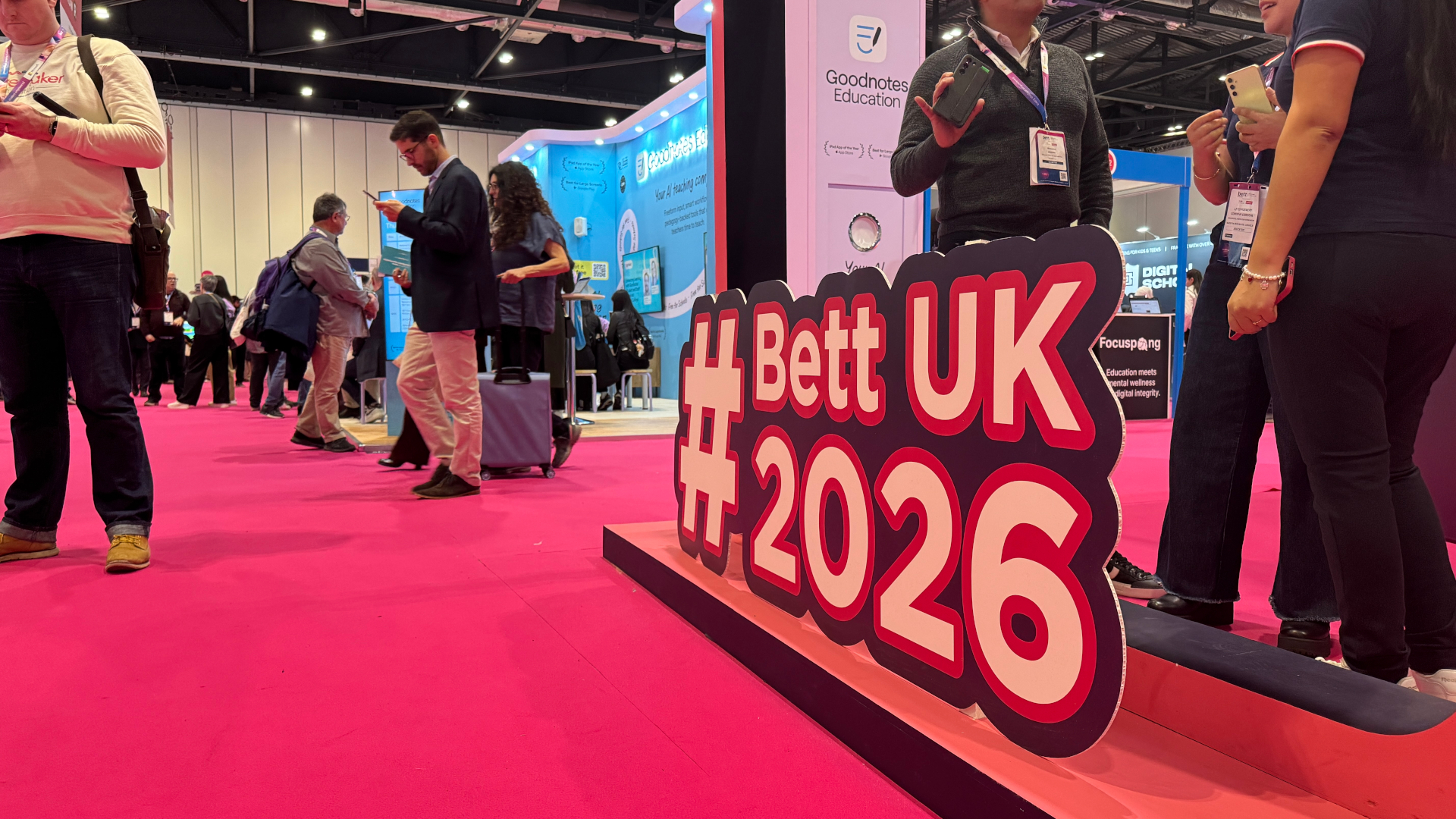Learn — not be engaged in — technology
I would like to ban the words “engage,” “engagement,” and “engaging” from education. Many educational articles, company ads, and conference presentations use the this concept with titles such as “Engage your students through . . . , “High engagement by . . . ," or “Engaging Students . . . .” Teachers will comment “My students were so engaged in the lesson.” I would like much more than mere engagement—I want learning.
In a Social Studies class, students can be “engaged” in creating a PowerPoint of a country for many class periods but they may not have learned the critical country information. Also, an “engaging” activity may be for students to create a video showing an understanding of a play in their English class. The students can be fully attentive to the project but if they focus on sword play instead of the plot of the play, their engagement does not end up in learning. Likewise, in Science, students can fully participate in a twitter conversation about the impact of development on the local environment with every student tweeting. Does each tweet add more information (depth or breadth of learning)? Modern Language students can be “engaged” in using their Smartphones to collect pictures for their teacher but do they talk in the target language about the pictures?
When we use essential questions, backward design, or problem-based learning, students immerse themselves in learning. They improve in their learning through technology.
Do your student focus on learning?
Harry Grover Tuttle teaches English and Spanish college courses atOnondaga Community College. He is also the author of several books on formative assessment.
Tools and ideas to transform education. Sign up below.
